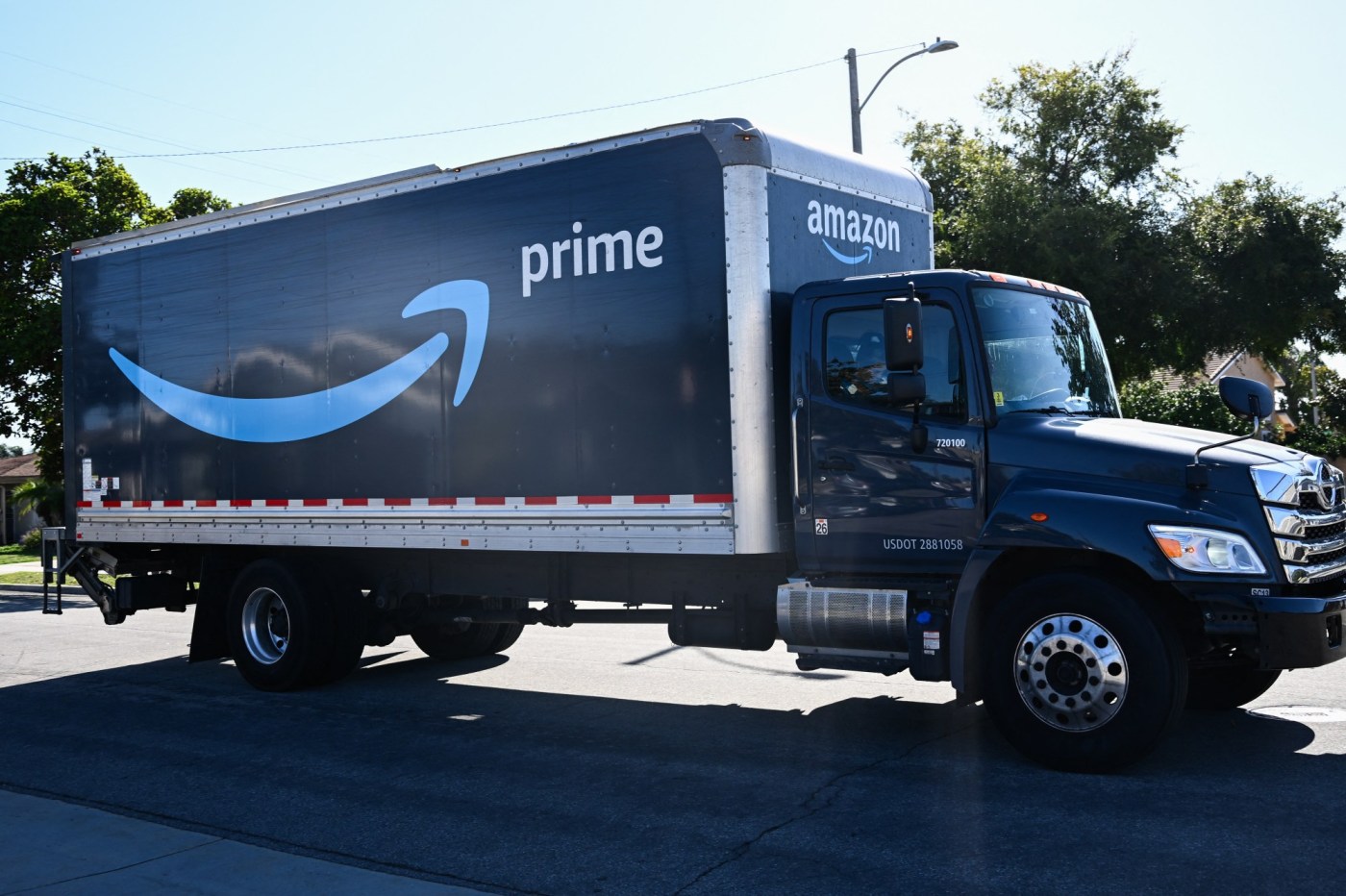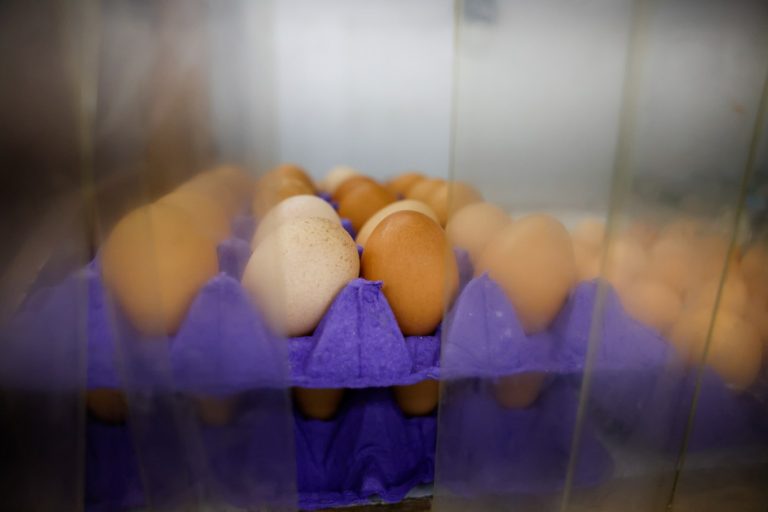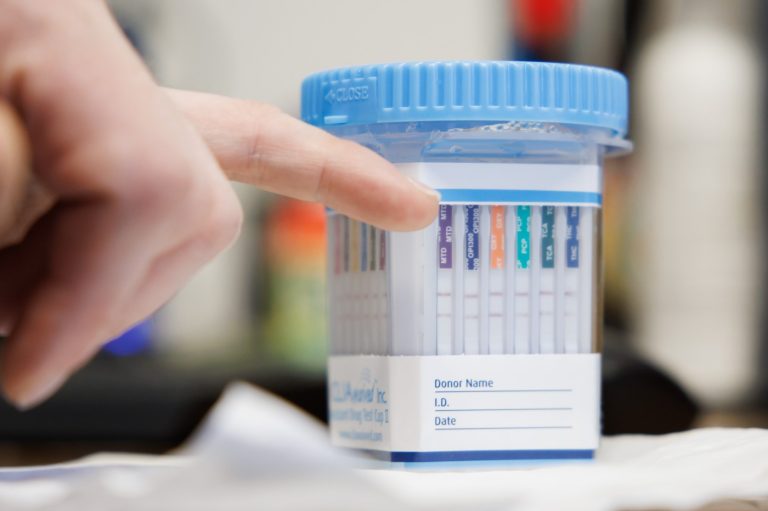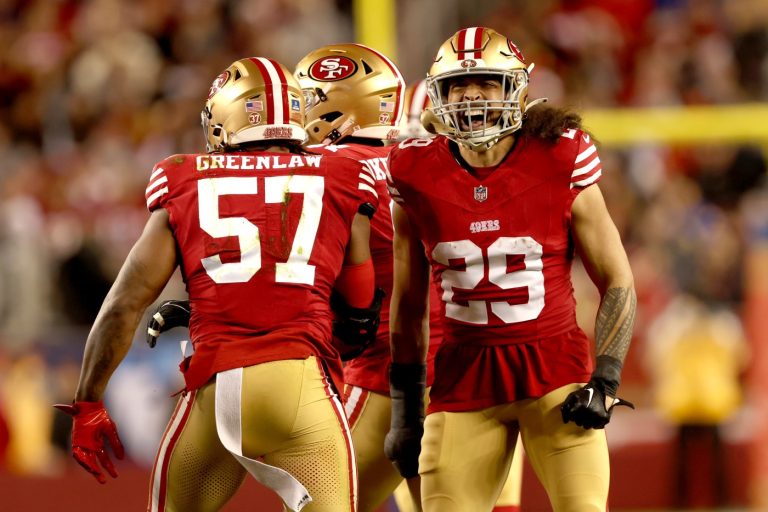By Amanda Barroso, Tommy Tindall | NerdWallet
Today is Amazon Prime Day, the annual two-day sale where Prime members can score deals on products across more than 35 categories.
Now in its 10th year, Prime Day has pretty much reached Black Friday status, but are the prices in July on par with Black Friday or Cyber Monday or better? NerdWallet’s price-tracking data turned up some interesting insights.
How do Prime Day deals compare with Black Friday?
NerdWallet monitored the price of 12 popular products at Amazon, Best Buy, Target and Walmart on Black Friday and Cyber Monday of last year and again today, Prime Day.
The big finding: Prime Day isn’t the best time to shop for everything, but it could be a good opportunity to shop for some things — and it isn’t your only chance. Our poking around on Amazon before Prime Day proves good deals can come around anytime.
Of the 12 products we monitored, five featured lower prices today than during last year’s holiday sales. But the low prices on several products, including the LG C3 and Samsung The Frame TVs we have on our list, are likely a result of those particular products being replaced by newer versions.
On the other hand, Black Friday and Cyber Monday were the better times to buy the iRobot Roomba i5 vacuum and Hatch Rest+ 2nd Gen sound machine for kids we have on our list. And if you need a kitchen gadget, Cyber Monday was the better sale to buy the Instant Vortex Air Fryer and the Keurig K-Classic coffee machine models we’re watching. But a quick glance of Amazon shows there are lots of vacuums, coffee makers and small kitchen appliances on sale today. But for items like these, it’s a good idea to glance at a price-tracking site first to make sure the discount is solid.
Here’s a look at when each product hit a low price.
Do big box competitors match Amazon’s prices on Prime Day?
Both Walmart and Target held sale events during the week before Prime Day but are prone to match prices today. The sale price on the pair of Sony headphones we tracked is within a dollar or two across Amazon, Best Buy, Target and Walmart today. But price parity isn’t always the case. Take the Apple Watch Series 9 (GPS+Cellular) 41mm Sport we tracked. The $379.99 price it’s going for on Amazon today is quite a bit less than Target’s $419.99, the closest competitor of the four.
It pays to shop around. Amazon, Best Buy and Walmart each have at least one particular color of the Ultimate Ears Wonderboom 3 bluetooth speaker priced at $59.99 on Prime Day, but Best Buy throws in four months of free SiriusXM with purchase.
Are big sales the best times to buy stuff?
Dynamic pricing is here to stay, and we’re seeing more evidence that good prices are always possible in this online-first shopping environment — and that they’re difficult to predict. Both the iRobot i5 vacuum and Instant Vortex air fryer were priced lower on Amazon on a random day in June than each is today. The iRobot was $229 and the Instant Vortex was $89.95 on June 10.
Rather than put all your eggs in the Prime Day basket, it’s good to do your research first and set price alerts so you can grab what you want whenever a good deal comes around.
How can you shop Prime Day smarter?
First, you should only shop on Prime Day if you have room in your budget. Here are some other things to think about when deciding what to buy:
Quickly check prices at other major retailers before purchasing. Use retailer competition to your advantage to potentially find a better deal elsewhere. But be wary of third-party sellers who might be less reliable and have less generous return policies. The LG TV we’re monitoring, for example, ships from a third-party seller at Amazon at the time of this writing.
Calculate the cost-per-use for expensive online purchases. Taking the total cost of an item and dividing it by the number of times you’ll use it can help you decide if the item is a good investment. For example, spending $400 on boots you’ll only wear twice ($200 per wear) might not be worth the cost, while a $1,200 stroller you’ll use every day ($3.28 per use, just in the first year) might be a better use of your money.
Let needs drive what you buy. Amazon is promoting back-to-school-themed storefronts with curated products organized by grade level, which could help you save on more expensive school gear. “Amazon Prime Day can be a great chance to get deals on some of the pricier back-to-school items, like new outfits, backpacks or electronics, while waiting to shop back-to-school sales in person can be a cheaper way to pick up the smaller items like pens and erasers,” says Kimberly Palmer, a personal finance expert at NerdWallet.
Apply benefits already in your wallet. “If you’re making purchases with a credit card, make sure you’re using the one that gives you the most in terms of cash back or rewards at that particular store,” Palmer says. Cash back from a store credit card can add extra oomph to a good deal, but make sure you can pay the balance in full to avoid interest and fees.
Don’t let influencers trigger impulse purchases. Amazon has embedded “influencer picks” in its Prime Day storefront this year. “The use of influencers aligns with the growing trends of influencer marketing,” said Ziwei Cong, assistant professor of marketing at Georgetown University, in an email. “By leveraging influencers, Amazon can tap into their followers’ trust and credibility, to better promote products and drive sales.” But don’t become too trusting and let them push you toward a purchase you wouldn’t normally make. After all, an impulse buy for you is a commission for them.
On this 10th Prime Day, aim to score a great deal on something you already planned to buy.
How we tracked prices
NerdWallet tracked online prices on 12 products at four nationwide retailers — Amazon, Target, Walmart and Best Buy — focusing on Black Friday 2023, Cyber Monday 2023 and Prime Day 2024. We selected a range of items, including electronics and home goods, that are popular with shoppers year after year.
Some caveats:
Some products have upgrades or a new model introduced in a given year. In these cases, we continued to track the original item and not the newest generation.
Pricing can vary based on color. When possible, the most basic and/or universal color was selected. If this color or model wasn’t available, we tracked another color.
In-store and online prices sometimes vary. We used online prices to reflect the current retail landscape, which is defined by dynamic pricing, and to ensure we got the most up-to-date prices available.
More From NerdWallet
How to Stay Safe From Third-Party Seller Scams
Resistant to Dynamic Pricing? You’re Likely Already Paying
Smart Money Podcast: Unlock Financial Opportunities for Women: Jean Chatzky on Investing, Negotiating, and More
Amanda Barroso writes for NerdWallet. Email: abarroso@nerdwallet.com.
The article Prime Day 2024 Is Here. Deals Are a Mixed Bag originally appeared on NerdWallet.












